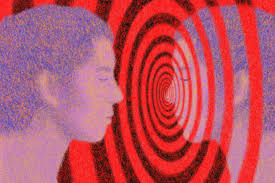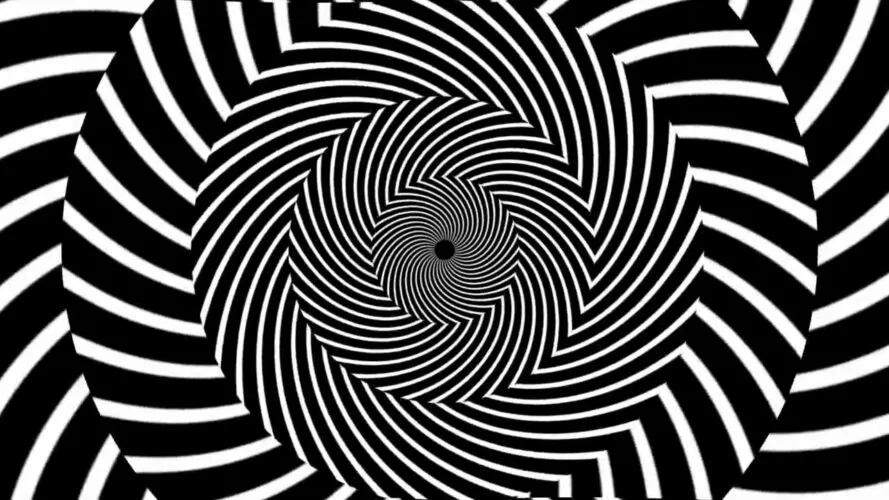Hypnosis is a state of focused attention and deep relaxation where the mind becomes more open to suggestions. It is not about losing control, but rather about guiding the subconscious to encourage positive changes. In this state, people may feel calmer, more aware of inner thoughts, and better able to manage stress, habits, or sleep difficulties.
Sleep is one of the most important parts of human life, yet millions of people worldwide struggle with insomnia, restless nights, and poor sleep quality. Instead of relying only on sleeping pills or routines, some people turn to hypnosis as an alternative method. But how effective is hypnosis for sleep? Is it safe, and worth trying?
In this blog, we’ll explore the connection of hypnosis for sleep quality, its effectiveness, and impact on overall well-being.
Connection of Hypnosis For Sleep Quality
Hypnosis is not the same as sleep, but it is a state of deep relaxation where the mind becomes more receptive to suggestions. This is why some experts believe hypnosis can positively influence sleep.
During hypnosis, a person may be guided to focus on calming thoughts, release stress, and let go of worries that often prevent rest. A study published by the Science Daily found that people who listened to sleep-focused hypnosis audios spent 80% more time in deep sleep compared to those who did not.
This shows that hypnosis does not directly “make” you sleep but rather prepares the mind and body for restful sleep by reducing mental noise and tension.
Hypnosis Intervention Effects on Sleep Outcomes
Hypnosis for sleep is effective when interventions are implemented. It can improve multiple sleep-related issues, including:
Insomnia Relief – Hypnosis has been used to help people fall asleep faster and stay asleep longer.
Reduced Night Awakenings – People under hypnotic suggestions often report waking up fewer times during the night.
Improved Sleep Depth – Hypnosis may increase time spent in slow-wave sleep, the most restorative stage.
Lower Anxiety Before Bed – Hypnosis lowers stress hormones like cortisol, which otherwise keep the brain alert.
Hypnosis sessions can improve overall sleep satisfaction in adults struggling with chronic insomnia. It supports that hypnosis may be a useful complementary tool in sleep therapy, especially for those who want alternatives to medication.
How Effective Is Hypnosis to Help You Fall Asleep?

Effectiveness depends on the individual. Some people respond quickly to hypnosis for sleep, while others may need repeated sessions or guided audios before noticing real benefits.
- For mild sleep problems, hypnosis may be highly effective, especially when combined with good sleep hygiene.
- For severe insomnia, hypnosis alone may not be enough, but can be combined with cognitive-behavioral therapy (CBT) or professional treatment.
- Hypnosis is considered safe, non-invasive, and drug-free, making it a promising option for those who don’t want to rely on sleeping pills.
In short, hypnosis for sleep does not work like a magic, but for many, it can create the mental calmness and relaxation needed to fall asleep naturally.
ALSO READ
What is Depression – A Complete Guide For Mental Health Awareness
How Hypnosis Helps in Overall Well-Being?
This is more than just a relaxation tool because hypnosis for sleep works by guiding the mind into a deep, focused state where positive suggestions can influence thoughts, habits, and physical responses. Beyond better rest, hypnosis also benefits overall well-being. It can lower stress levels, ease chronic pain, support mental health by reducing symptoms of anxiety and depression, and even improve focus and self-control. By fostering a state of mental balance and relaxation, hypnosis not only promotes healthier sleep cycles but also enhances day-to-day resilience, emotional stability, and long-term wellness.
Last To Say
Hypnosis for sleep is closely linked because both involve relaxation and altered states of consciousness. While hypnosis itself is not sleep, it prepares the body and mind for deep rest. Studies show that hypnosis interventions can improve sleep outcomes by reducing insomnia, lowering anxiety, and enhancing restorative sleep stages. For people struggling with restless nights, hypnosis may be worth trying, especially when combined with healthy bedtime habits.
FAQs
Can hypnosis replace sleeping pills?
Not completely. Hypnosis can calm the mind and improve sleep quality naturally. However, people with severe or chronic insomnia may still need medical treatments, therapy, or a combination of both. Hypnosis for sleep and calmness is good as it is the complementary approach rather than a complete replacement for prescribed medication.
How many hypnosis sessions are needed for sleep improvement?
It depends on the individual. Some people notice positive results after just a few guided sessions. Others may require several weeks of consistent practice to build lasting effects. The more regularly hypnosis is used, the more effective it can be in improving sleep.
Is hypnosis safe for everyone?
Yes, hypnosis is generally considered safe when done by a licensed professional or through trusted recordings. It does not cause harmful side effects and is non-invasive. Still, people with certain psychiatric conditions should consult a healthcare provider before starting hypnosis.
Can I use self-hypnosis for sleep?
Absolutely. Self-hypnosis techniques, apps, and guided audios make it easy to practice at home. Many people use them before bedtime to relax their minds and prepare for deeper sleep. Consistent practice is key to long-term results.
Does hypnosis work for everyone?
Not always. About 15–30% of people are highly responsive to hypnosis, while others may find little effect. Even if it doesn’t work for everyone, those who respond often experience significant improvements in relaxation and sleep. Trying different techniques can help maximize benefits.
Can hypnosis improve deep sleep stages?
Yes. Research shows hypnosis can increase slow-wave sleep (SWS), which is the most restorative stage of sleep. This means people may wake up feeling more refreshed and energized after practicing hypnosis consistently.
Sources: Science Daily, Sleep Foundation Organization



Join The Discussion